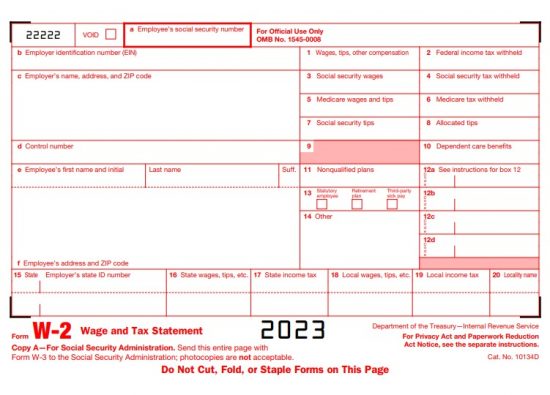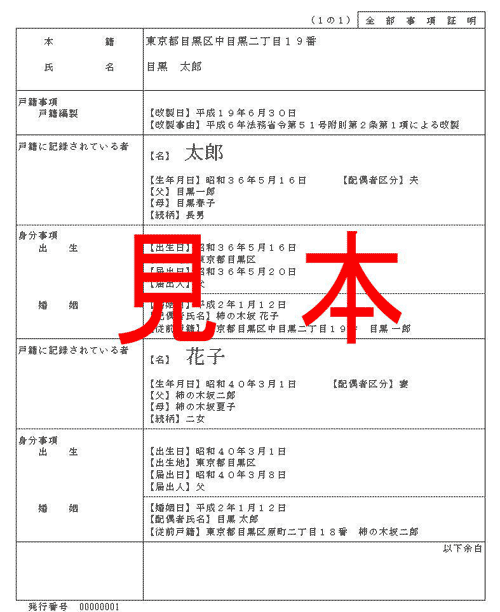Foreign Nationals with a Spouse VISA Who Divorce a Japanese National
Foreign Nationals with a Spouse VISA Who Divorce a Japanese National
When a foreign national residing in Japan on a Spouse VISA (a visa designated for spouses of Japanese nationals) divorces their Japanese spouse, they lose their eligibility to remain in Japan under this Spouse VISA. Therefore, it is not possible to continue residing in Japan with the Spouse VISA after the divorce.
Procedures Following Divorce from a Japanese National
- Report the divorce to the Immigration Bureau within 14 days.
- Change to a different VISA status within six months if intending to stay in Japan.
Upon divorcing a Japanese spouse, the foreign national must file a report with the Immigration Bureau within 14 days. Failure to do so constitutes a breach of reporting obligations (an immigration law violation), which can negatively impact future applications for changing their VISA status.
Under Japan’s immigration laws, if a foreign national holding a Spouse VISA does not engage in activities as a spouse for more than six months without valid reason after a divorce, the visa may be revoked. Thus, they must change to a different VISA status within six months. Even if time remains on the Spouse VISA, they cannot simply stay in Japan until the expiration date.
Valid reasons may include cases such as ongoing custody disputes over children or a divorce lawsuit against a Japanese spouse held accountable. In cases where a Japanese child is under the custody and care of the foreign national, a change to a Long Term Resident VISA may be granted.
Possible New VISA Status Options Post-Divorce
- If remarriage occurs: Spouse VISA (to a Japanese spouse), Long Term Resident VISA (if marrying a permanent resident), or Family Stay (if marrying a foreign worker with a work visa).
- If working in Japan: Technology/Humanities/International Services VISA (dependent on education, specialty, and job content), Highly Skilled Professional VISA, Skilled VISA, or Education VISA.
- If starting a business in Japan: Business Manager VISA.
- In other cases: Long Term Resident VISA (often referred to as Long Term Resident VISA [Divorced]).
In many cases, however, immediate remarriage or starting a business post-divorce may not be feasible, and educational qualifications from the home country may not meet the requirements for a Technology/Humanities/International Services VISA. Therefore, Japan may grant a Long Term Resident VISA to those who are divorced or widowed from a Japanese spouse or have a Japanese child under their care. A “Long Term Resident” may also be granted to individuals in cases where the marriage has essentially ended in separation.
Considering a Long Term Resident VISA Application
A Long Term Resident VISA (known as Long Term Resident VISA [Divorced]) is not automatically granted upon divorce. The Immigration Bureau reviews each case individually. Foreign nationals who have resided in Japan for three or more years on a Spouse VISA or have a Japanese child in their care may qualify for a Long Term Resident VISA. Key conditions include:
- Marriage Duration and Custody of Japanese Children
Generally, a period of about three years of continuous marital life is required. If the foreign national has a Japanese child under their care, the marriage duration may not be considered. - Ability to Support Oneself
The applicant must possess sufficient income or skills to support themselves in Japan. Proof of financial independence is required, and individuals are encouraged to seek employment if unemployed. A monthly income of around 200,000 yen is generally expected as a baseline. - Japanese Language Proficiency
Basic Japanese language skills to navigate daily life are necessary, though specific proficiency tests (e.g., N1-N3) are not mandated. - Details on the Circumstances of Divorce and Residency
Applicants must explain the circumstances leading to the divorce and their previous residency history, including law compliance in Japan, such as tax payments and adherence to reporting obligations under immigration law.
Examples of Cases Where Long Term Resident VISA [Divorced] Was Denied (as per Immigration Bureau disclosures):
- Short marital cohabitation period.
- Employment in adult entertainment venues.
- Convictions for fraud or assault.
- Custody held by the former spouse.
Guarantor Requirement
Generally, a guarantor is required when applying for a Long Term Resident VISA [Divorced]. This guarantor should ideally be a Japanese national or permanent resident with stable employment and sufficient income.






